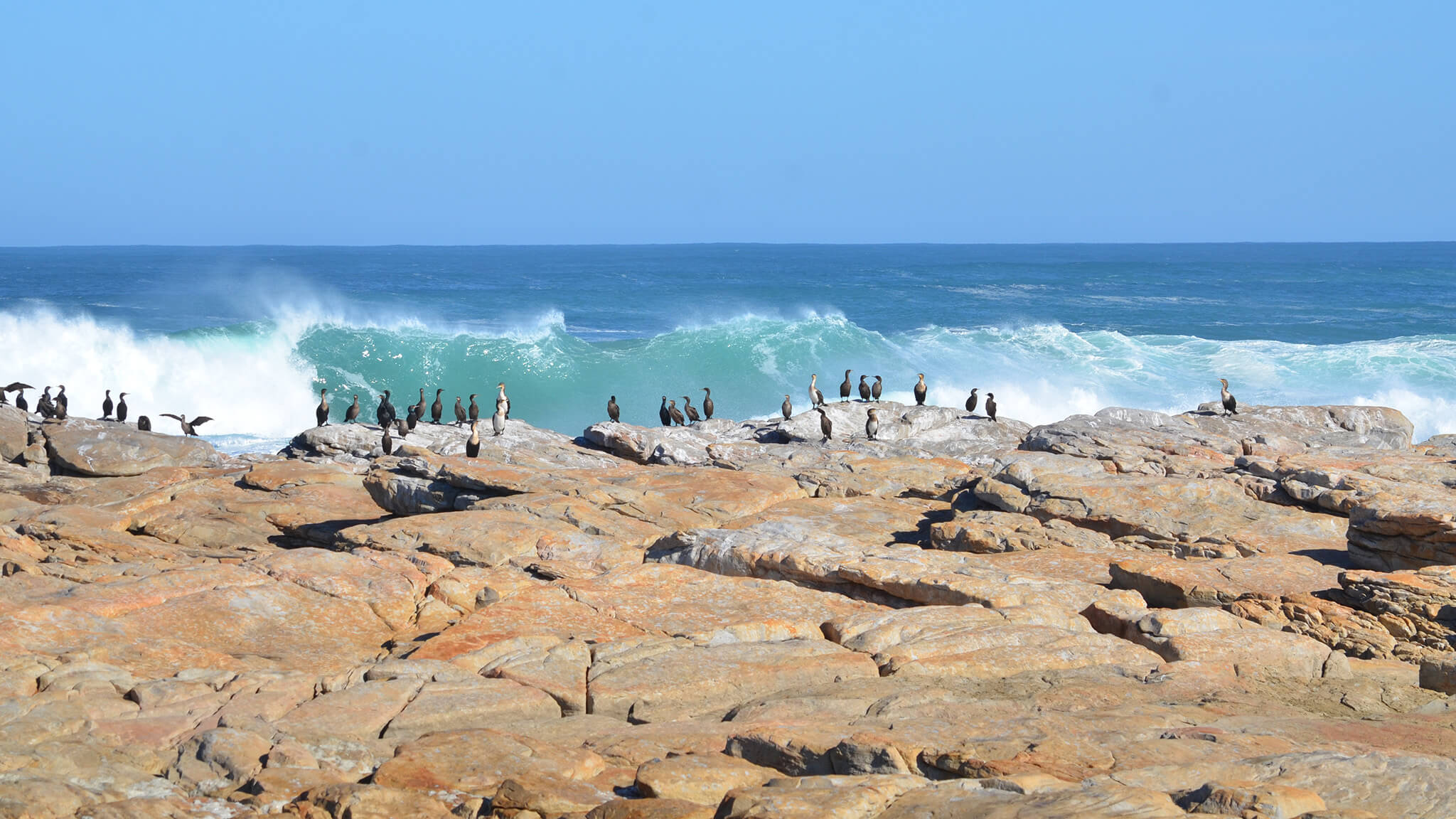What is the Wildlife Response Fund?
As part of the Maryland Zoo’s commitment to saving wildlife and protecting wild places, in 2018, we established the Maryland Zoo Wildlife Response Fund. This fund empowers the Zoo to provide fast-acting support when disasters, accidents, weather, and other emergencies acutely threaten wildlife.
Through a quick and democratic submission and review process, the Zoo’s Conservation Strategic Planning Committee votes to enact the fund annually when an urgent need is identified.
Anyone can join us in our mission to save wildlife by making a donation today.
2022-2023 Recipients
EAZA/Ukrainian Zoo relief
Zoos in Ukraine have been severely affected by the ongoing war in the region. In response to the need for funds to sustain the operations of the zoos and their dedicated staff protecting animals amidst constant danger, part of the Wildlife Response Fund was granted to the European Associations Of Zoos and Aquariums to provide relief to Ukrainian zoos for the second year in a row.
SANCCOB (Southern African Foundation for the Conservation of Coastal Birds)
In November of 2022, SANCCOB, a long-time partner of the Maryland Zoo, found itself in a state of quarantine due to an Avian Influenza (“bird flu”) outbreak in their area. The quarantine notice was necessary to ensure that seabirds infected with this virus were not exposed to birds already being rehabilitated or those released into wild colonies, endangering more birds. SANCCOB could not admit or release seabirds to its Cape Town facility for ten weeks.
Not only did the Zoo send staff members to assist SANCCOB operations for two weeks, but we also activated 50% of the Wildlife Response Fund to support their recovery efforts from this unexpected situation. Those funds allowed our partner to purchase avian influenza test kits necessary for lifting quarantine and safely releasing birds back into the wild.
Past recipients:
- 2021: EAZA/Ukrainian Zoo relief
- 2020: Zoos Victoria/ Australian wildfire relief
- 2019: Turtle Survival Alliance
- 2018: Endangered Wolf Center
